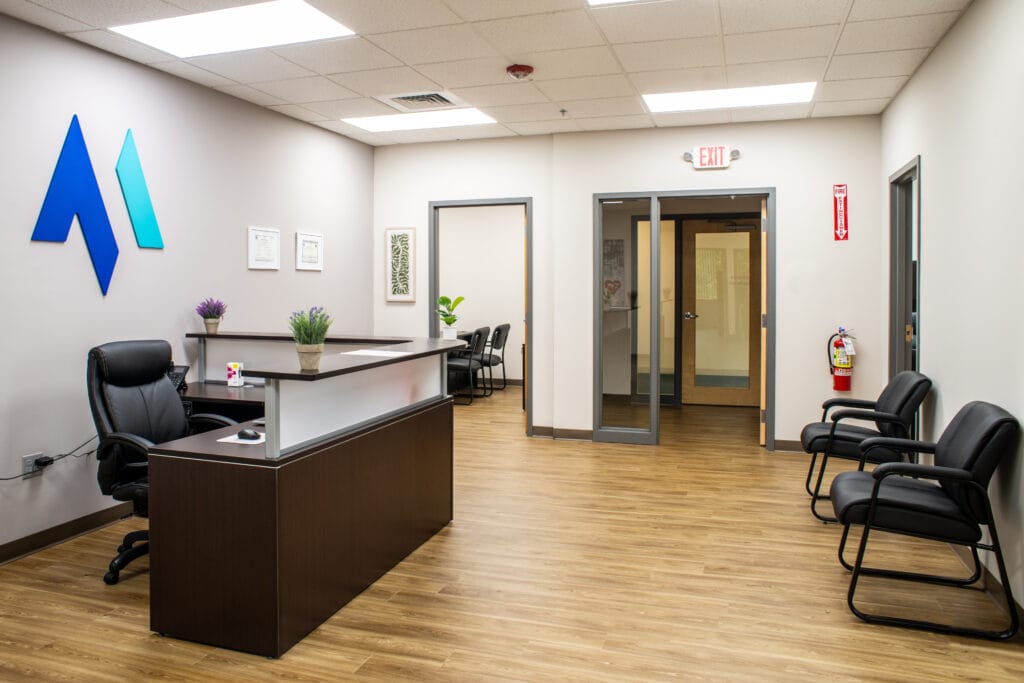
(844) 909 2560
Available 24x7, Toll-Free
Recovering from addiction is a deeply personal and often challenging journey. It’s a path marked by self-discovery, healing, and the rebuilding of one’s life. While individual therapy is a powerful tool, group therapy offers unique benefits that can significantly enhance the addiction recovery process. Sharing experiences, offering support, and building a community of individuals facing similar challenges creates an environment where healing can thrive.
Here, we explore nine compelling reasons why group therapy plays such a crucial role in addiction recovery.

One of the most isolating aspects of addiction is the feeling of being alone in your struggles. Group therapy counters this isolation by connecting individuals who have walked similar paths. Hearing others’ stories—and sharing your own—builds powerful emotional connections. These shared experiences help participants realize they are not alone, creating a deep sense of belonging that fuels recovery.
In a group setting, people often recognize aspects of themselves in others’ stories. This mirroring can lead to important moments of self-awareness and insight. As individuals listen to their peers discuss setbacks, breakthroughs, and coping strategies, they are prompted to reflect more honestly on their own behaviors and emotions. Group therapy acts as a mirror, gently encouraging self-examination and growth.
Recovery requires support, but not everyone has a strong, understanding network of family and friends. Group therapy offers an instant community of individuals who understand the ups and downs of recovery. Members support each other through victories and setbacks alike, providing encouragement, advice, and motivation. For many, these relationships extend beyond therapy sessions and become lifelong sources of support. Two notable support networks are Alcoholics Anonymous (AA) and Narcotics Anonymous (NA).
Many individuals struggling with addiction have difficulty expressing emotions or communicating effectively. Group therapy provides a safe space to practice these skills. Participants learn to articulate their thoughts, share feelings appropriately, listen actively, and give and receive feedback. These communication skills are crucial not just for recovery, but for improving relationships in all areas of life.
In group therapy, regular attendance and participation foster a sense of accountability. Members are encouraged to set goals, share progress, and discuss challenges openly. Knowing that others are invested in your journey can provide a strong incentive to stay committed to recovery goals. This accountability can be a powerful motivator during times of doubt or temptation.
Addiction impacts people from all walks of life. Group therapy brings together individuals with varied backgrounds, experiences, and coping strategies. Hearing how others navigate similar struggles can introduce participants to new perspectives and creative solutions. This diversity enriches the recovery process, offering tools and ideas that individuals might not encounter in one-on-one therapy.
Addiction is often accompanied by intense feelings of shame, guilt, and social stigma. Group therapy helps diminish these negative emotions by creating an environment of acceptance and non-judgment. Witnessing others courageously share their struggles inspires participants to confront their own shame and view their recovery journey with more compassion and less self-criticism.
Speaking openly in front of a group and receiving supportive feedback can significantly boost self-confidence. As individuals share their achievements, however small, they receive validation from their peers. This positive reinforcement builds self-esteem and strengthens belief in one’s ability to succeed in recovery. Over time, this increased confidence can empower individuals to face new challenges both within and outside of therapy.
Recovery isn't just about abstaining from substances—it's about rebuilding a meaningful, connected life. Group therapy mimics real-world social dynamics, offering a “training ground” where participants can practice setting boundaries, handling conflict, and forming healthy attachments. The interpersonal skills gained in group therapy are essential for building and maintaining healthy relationships outside of the recovery setting.

Group therapy offers an invaluable complement to individual counseling and other forms of treatment during addiction recovery. It creates a nurturing environment where individuals can connect, heal, and grow together.
If you or a loved one is seeking group therapy, call us today at 844-909-2560, or email us at info@metaaddictiontreatment.com. You can also visit any one of our three locations, which are open 24/7:
Don't wait to get help. Start a journey towards recovery today.